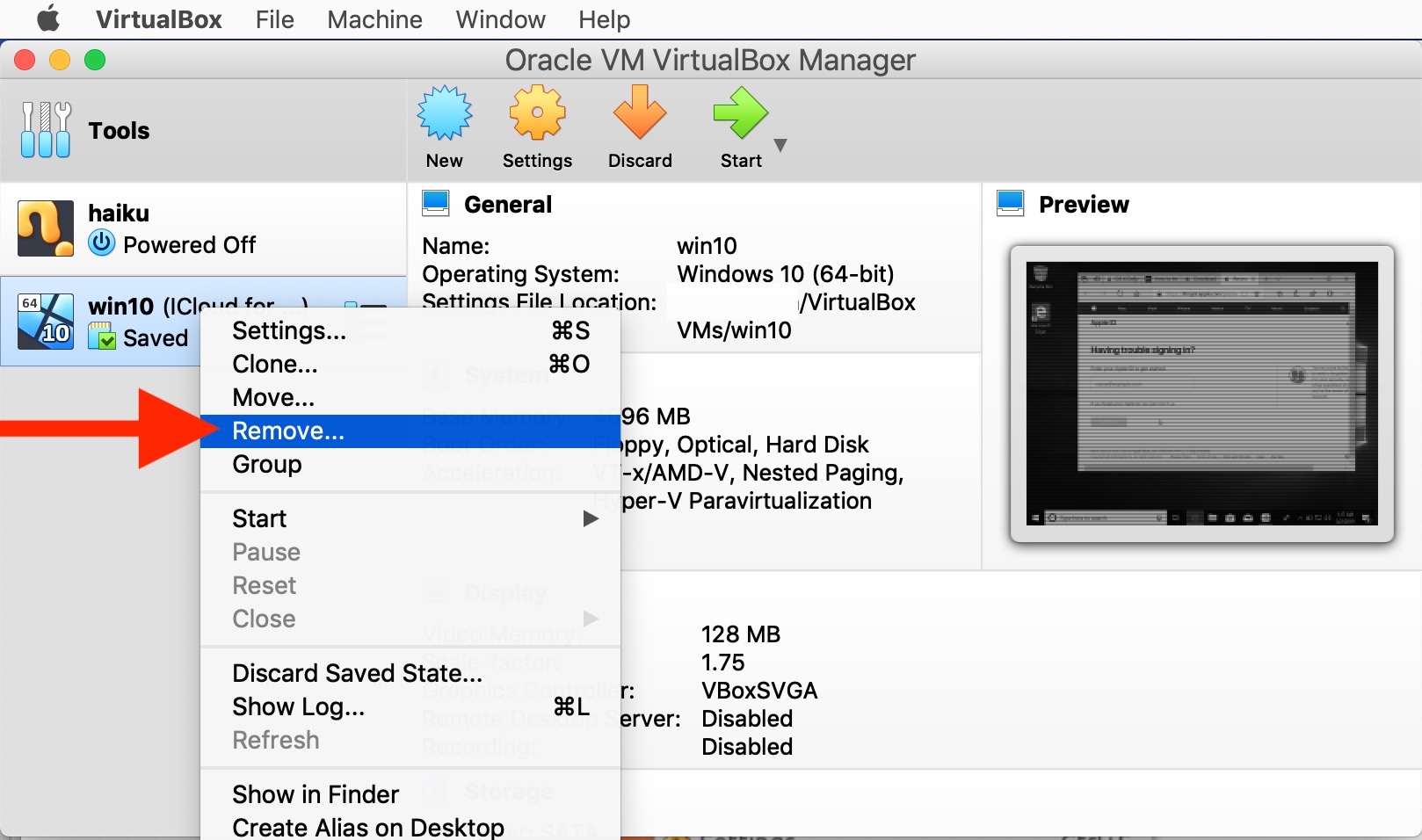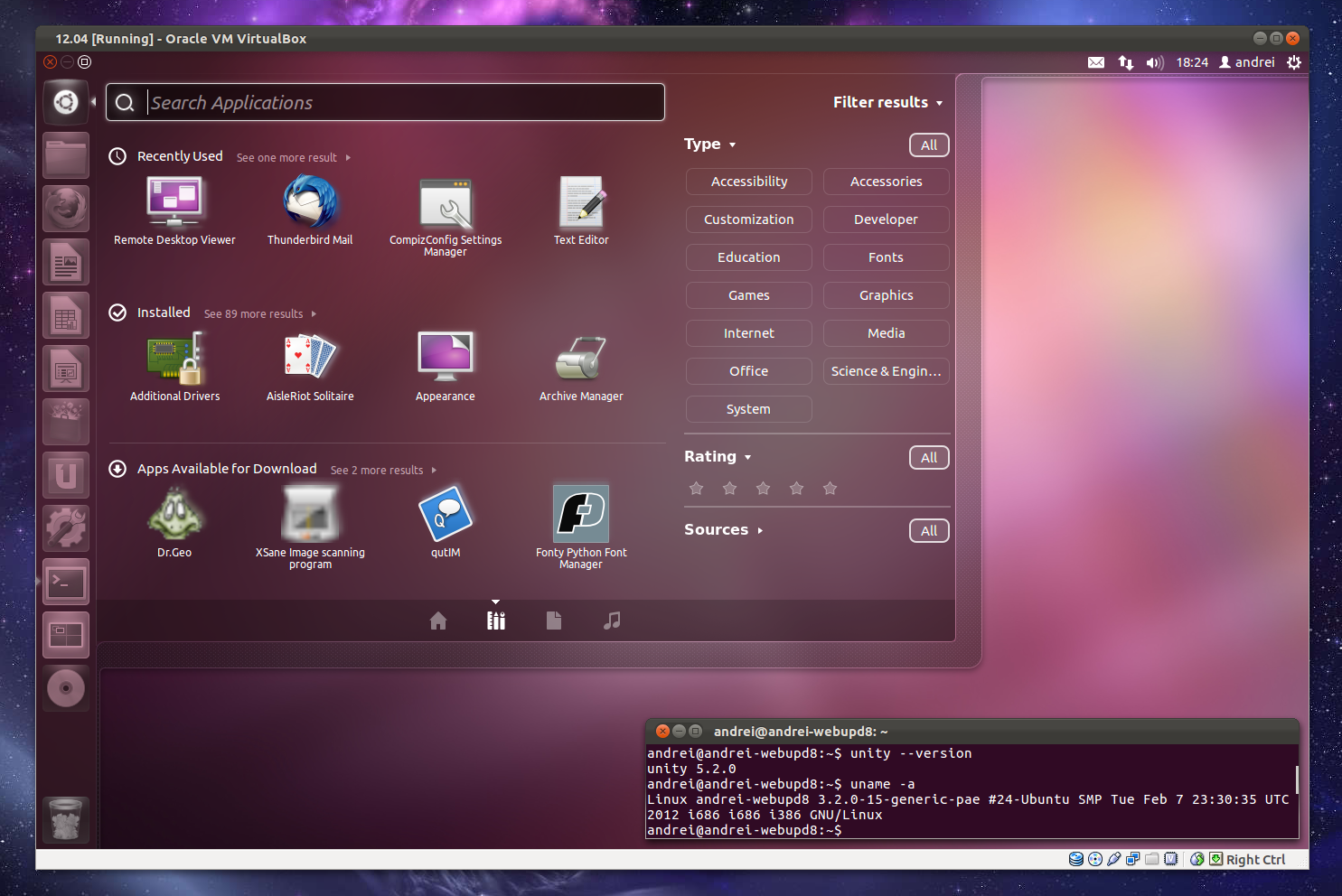

The VirtualBox versions I have tried (with their respective Guest Additions): 6.1.38, 6.1.40 and 7.0.0. Used RAM was always around 385 MB (2 GB total assigned to VM). Due to the fact that while the guest load indicates no performance issues, the VMM load values look like a cause for concern. And I also don't know if my VM is having a resource/performance problem. I could not find satisfactory answers to my questions. whether the system is working at the limit)? Which of these two variables is decisive when it comes to assessing the CPU load of the guest system (i.e.Why is there such a huge discrepancy between guest load and VMM load (with 2 cores or more)?.What is the difference between guest load and VMM load?.I have a couple of questions regarding this: The interesting thing is that this discrepancy only appears when I assign 2 (virtual) cores or more to the VM as shown in the picture below. I then switched the numbers of assigned cores around. While the guest load was at ~0%, the VMM load was anywhere between 50-90%. The Session Information window showed a huge discrepancy between guest load and VMM load. I noticed that I constantly had a high VMM load although the guest was idle. Initially, I assigned 2 (virtual) CPU cores to the VM. VirtualBox is running on a Ubuntu 20.04 LTS (host) machine. In fact, an interesting feature in VirtualBox is that it lets you create instances in the guest operating system so you can resume your activity exactly where you left it the last time.I have Lubuntu 22.04 LTS (guest) installed on a VirtualBox VM. The benefits of virtualization are many the most obvious one is that you can use programs that are exclusive to a certain platform, not to mention that you can carry your virtual units wherever you want, and make safety copies of them too. The program supports almost every version of the latest operating systems, such as Windows 10, Mac OS Yosemite, and the latest versions of Ubuntu and any other Linux distribution.

You need to have in mind that these take resources from your real hardware equipment, so need a powerful enough computer in order to run and interact between the host and guest operating system. The virtual unit on which the system runs is completely customizable, and lets you change the virtual hardware according to your needs, be it the processor, RAM memory, or the storage space. VirtualBox is a multi platform and open-source virtualization tool for Windows, Linux, Mac OS X, and other operating systems, that lets you create virtual disc units in which you can install a guest operating system within the one you normally use on your computer, using it in the same way as if it was actually installed.


 0 kommentar(er)
0 kommentar(er)
